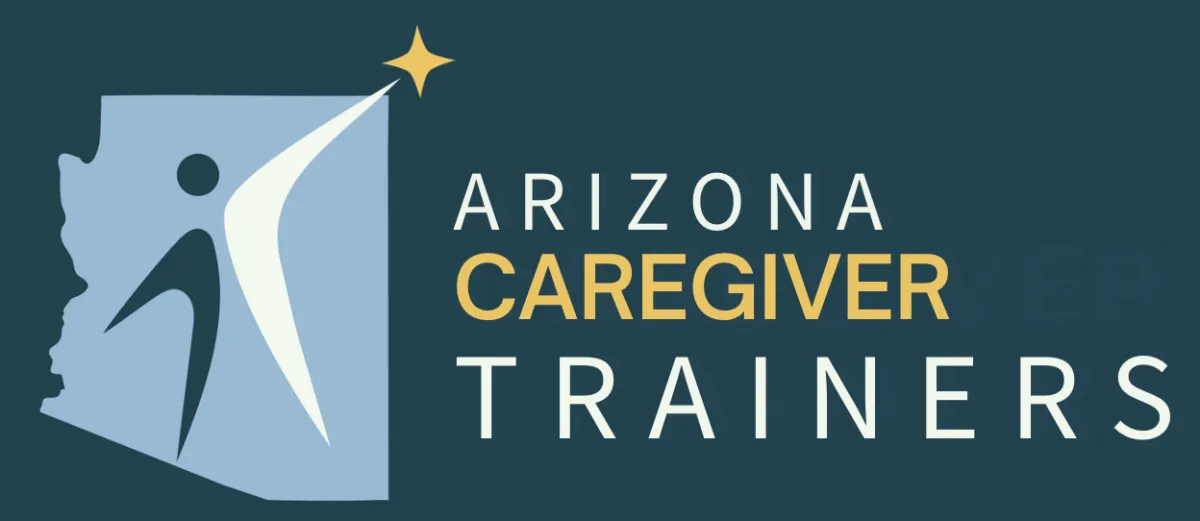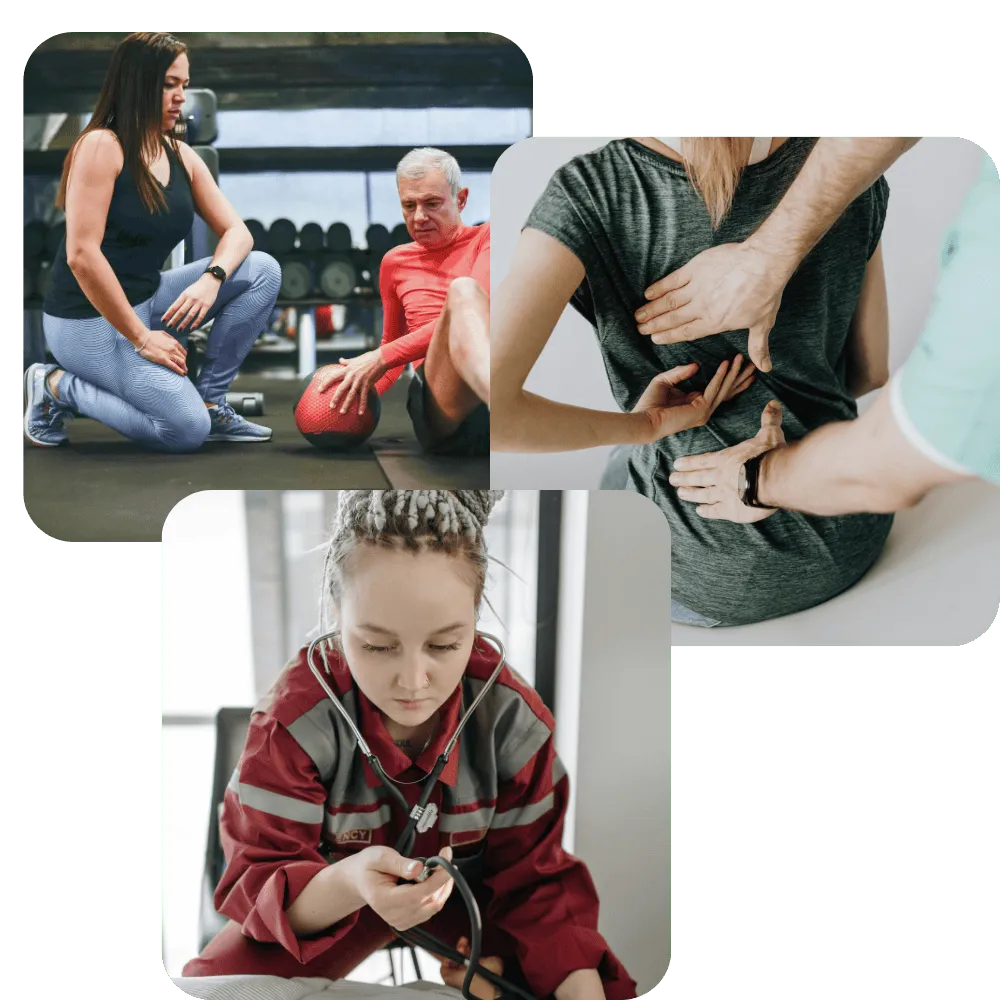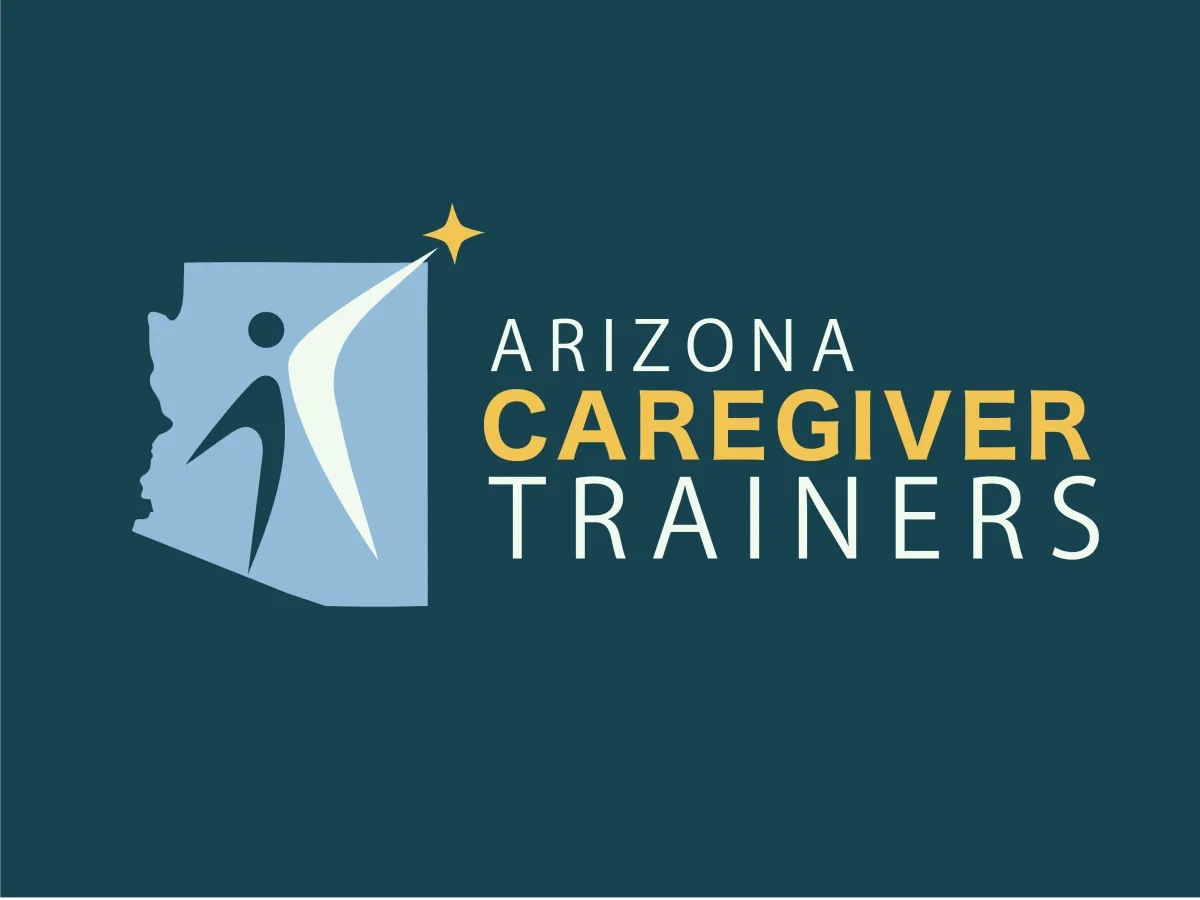
Certifications and Training in Tucson
Whether you are a caregiver professionally or provide care to your own family, you can get the training you need to be your best.
In-person classes are enrolling soon.
Our Classes
Always the Highest Standard, Always Hands-On
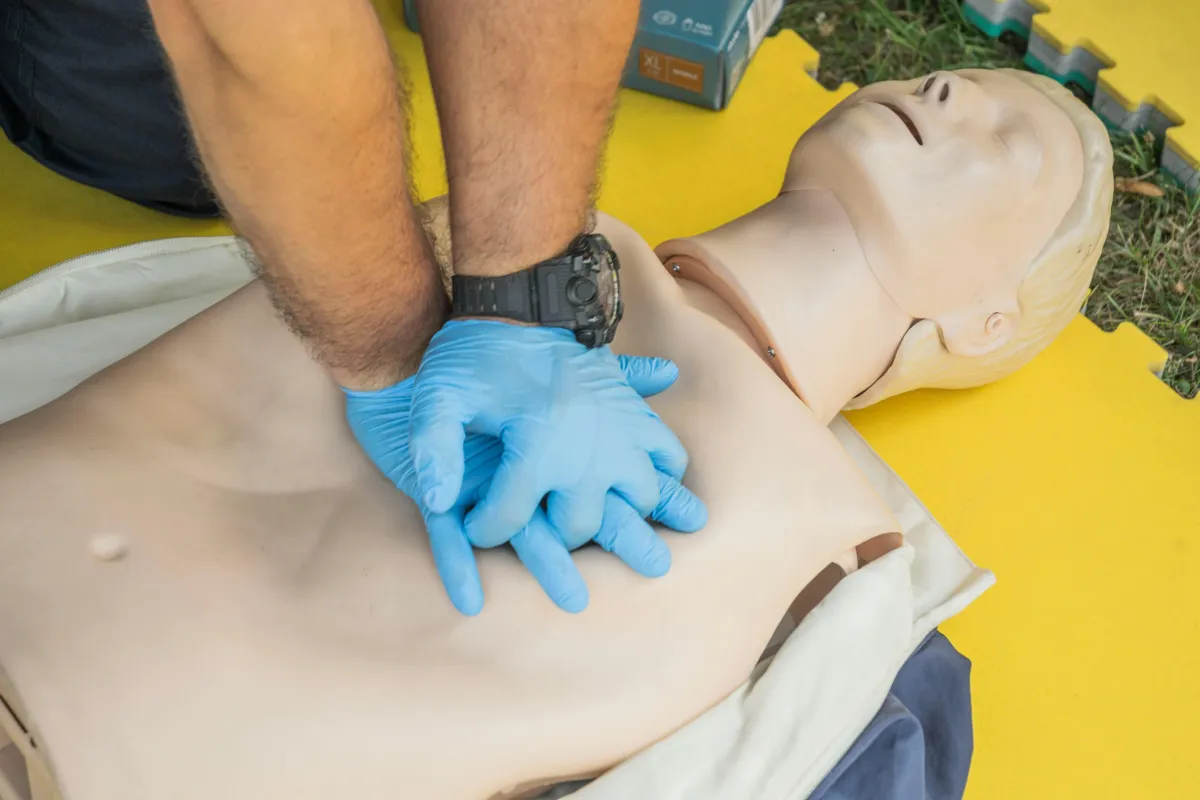
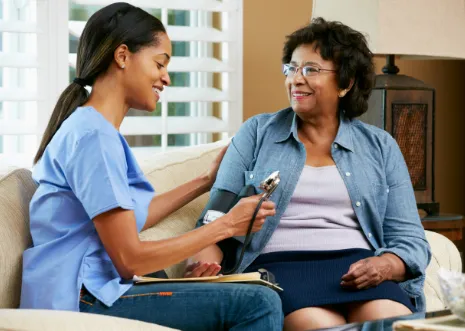
CPR Certification Classes in Tucson
Whether your job requires it or you just want to be ready to save a life, our CPR classes give you real hands on practice so you know exactly what to do in an emergency.
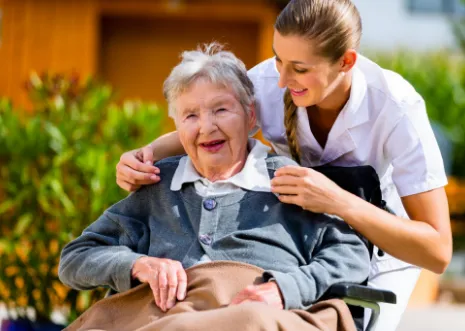
AED Training
Automated External Defibrillators are getting easier to use but it's important you know the basics if someone's heart stops beating.
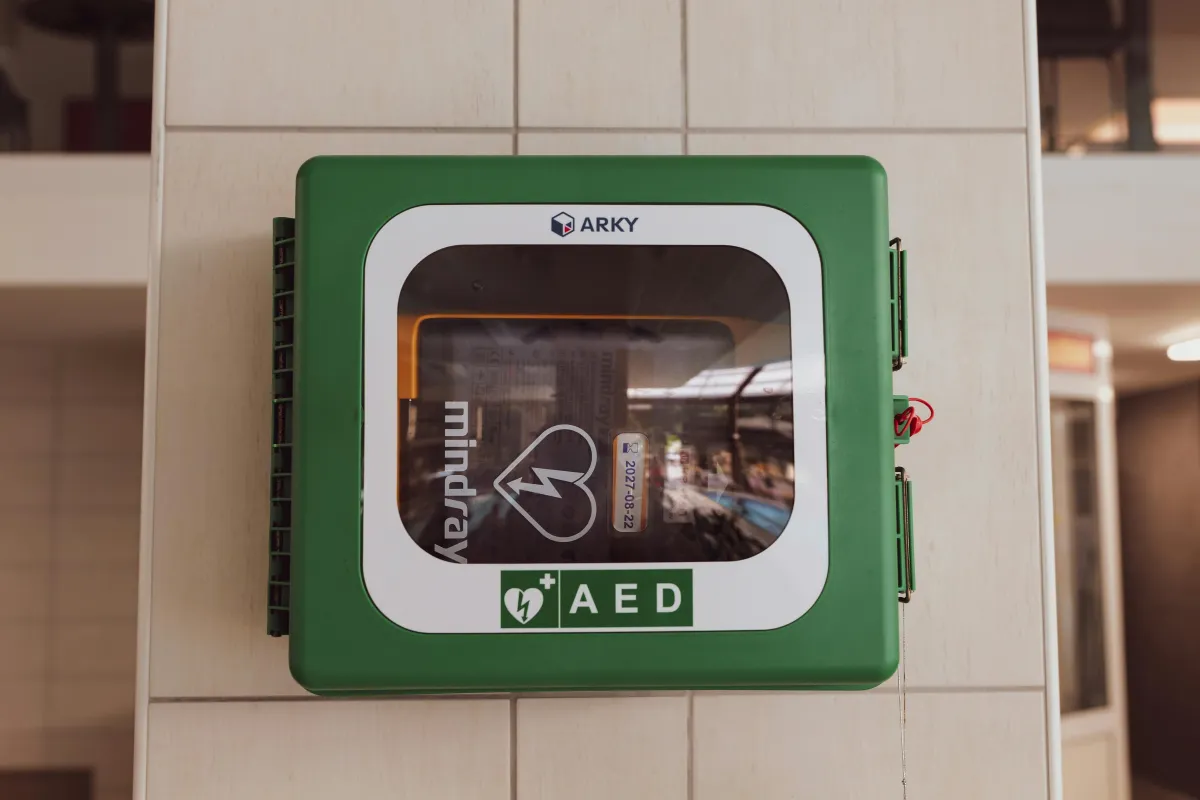
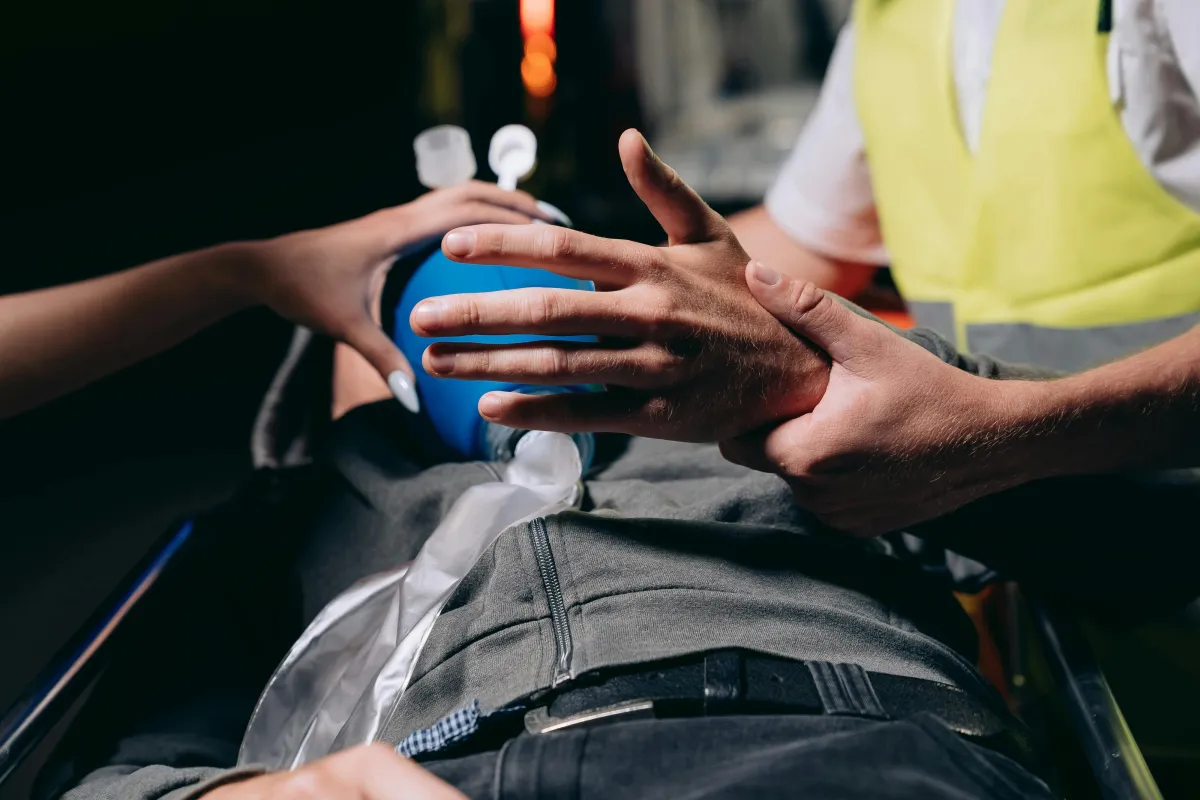

Basic Life Support (BLS) Certification
Learn how to assess and assist breathing and circulation when a life is on the line.

Prevention & Support
The Prevention and Support (P&S) class is often a requirement for those working with individuals with developmental disabilities.

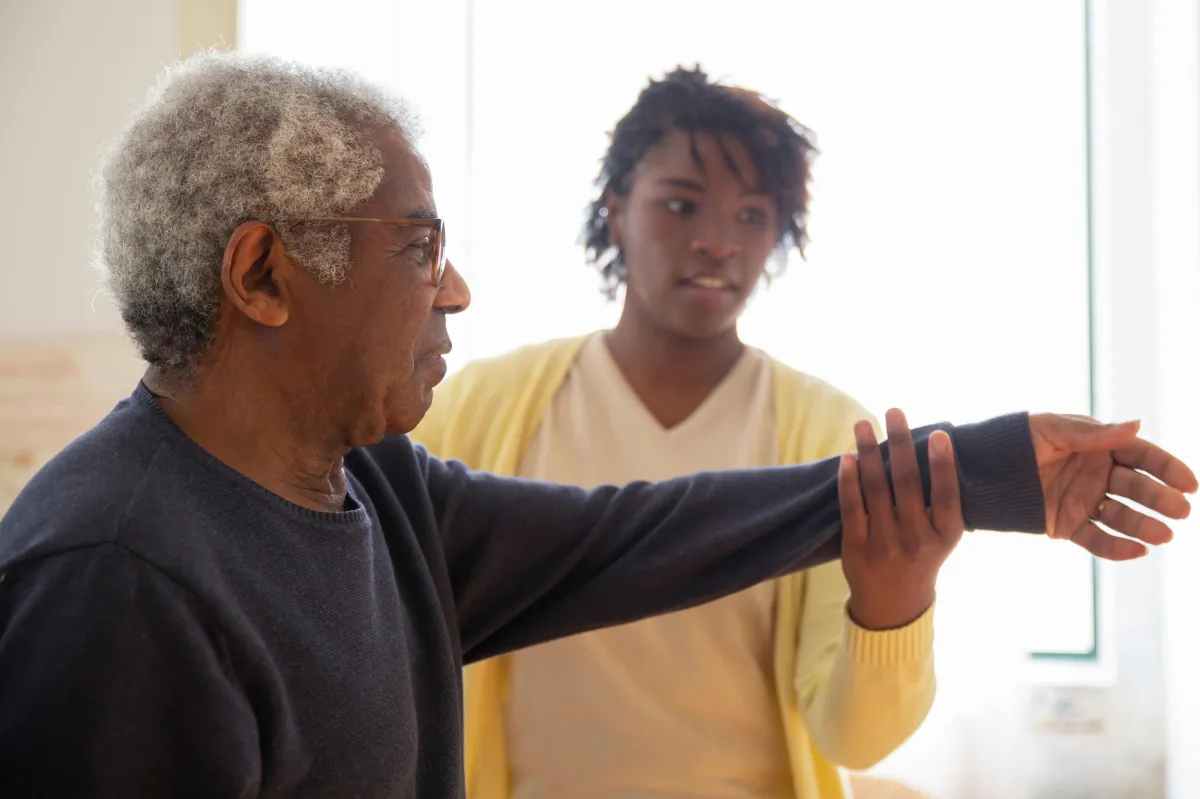

Courses and Training
Article 9
Positive Behavior Supports (PBS)
Reporting Abuse and Neglect
Frequently Asked Questions
Answers To Commonly Questions
Who should take a CPR/ First Aid class?
While CPR and First Aid training is valuable for everyone, it is especially important for individuals in roles such as:
Healthcare professionals
First responders
Educators and school staff
Childcare providers
Parents and caregivers
Anyone who wants to be prepared to respond to emergencies or is required to hold certification for their job should strongly consider enrolling in a course.
CPR vs. BLS – What’s the Difference?
CPR (Cardiopulmonary Resuscitation) is designed for non-medical individuals and focuses on fundamental life-saving techniques such as chest compressions and rescue breaths.
BLS (Basic Life Support) is a more comprehensive course intended for healthcare professionals. In addition to covering basic CPR, it includes advanced skills such as bag-valve mask ventilation, the use of AEDs in clinical settings, and effective team-based response dynamics.
How old do you need to be to attend our programs?
CPR and First Aid Class Age Requirements:
Most CPR and First Aid classes require participants to be at least 16 years old. However, select classes will be designated for families, allowing younger participants to become certified when accompanied by a parent or guardian.
Who needs DDD classes?
Article 9 classes: Article 9 is a required class for any individual who provides services for members of the Department of Developmental Disabilities (DDD).
Prevention and Support classes: Prevention and Support classes are mandatory for Direct Support Professionals (DSPs) who work with individuals that have a Behavior Treatment Plan and are receiving DDD-funded services.
What are the fees associated with training?
Each class has its own associated cost, click on a class type below to see current pricing:
My CPR certification is about to expire, Do I need to do a whole new class to renew?
If you have previously completed Red Cross CPR training and feel confident that your skills remain current, you may be eligible to renew your certification through an abbreviated “Review” course. These sessions are specifically designed to refresh your knowledge and skills while providing an opportunity to demonstrate continued competence. Click here to book a review course.
Copyright Arizona Caregiver Trainers LLC 2025
